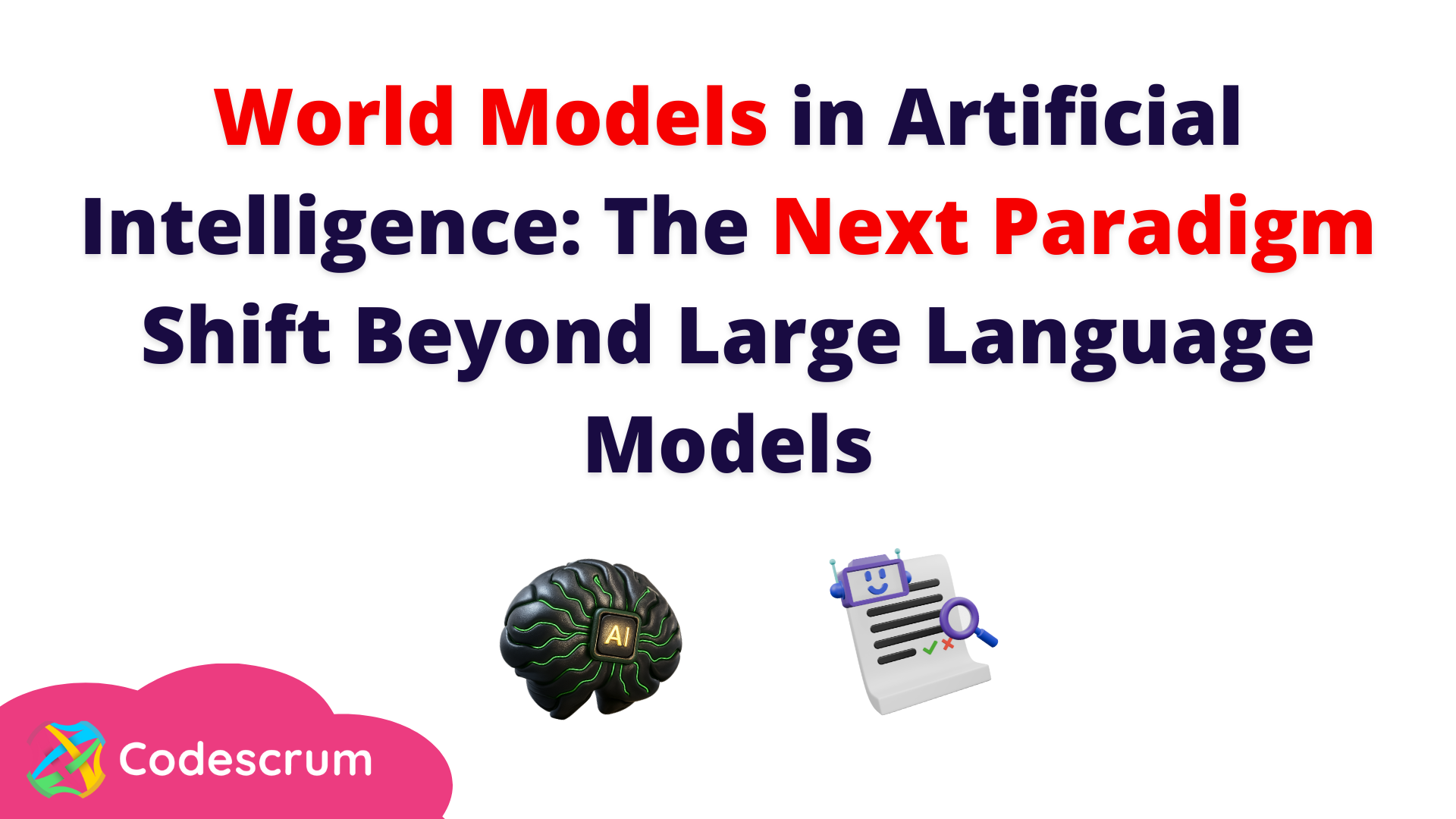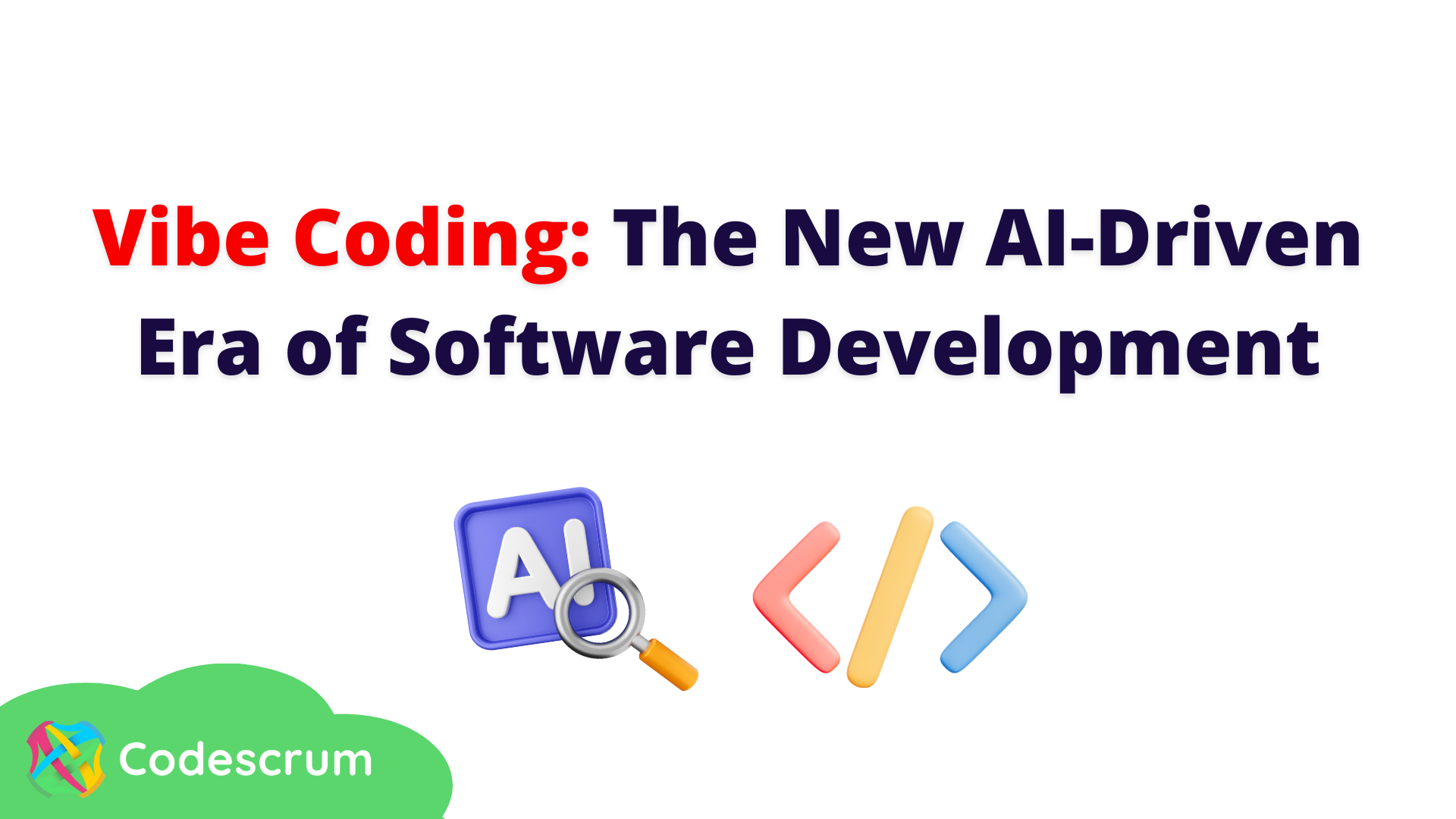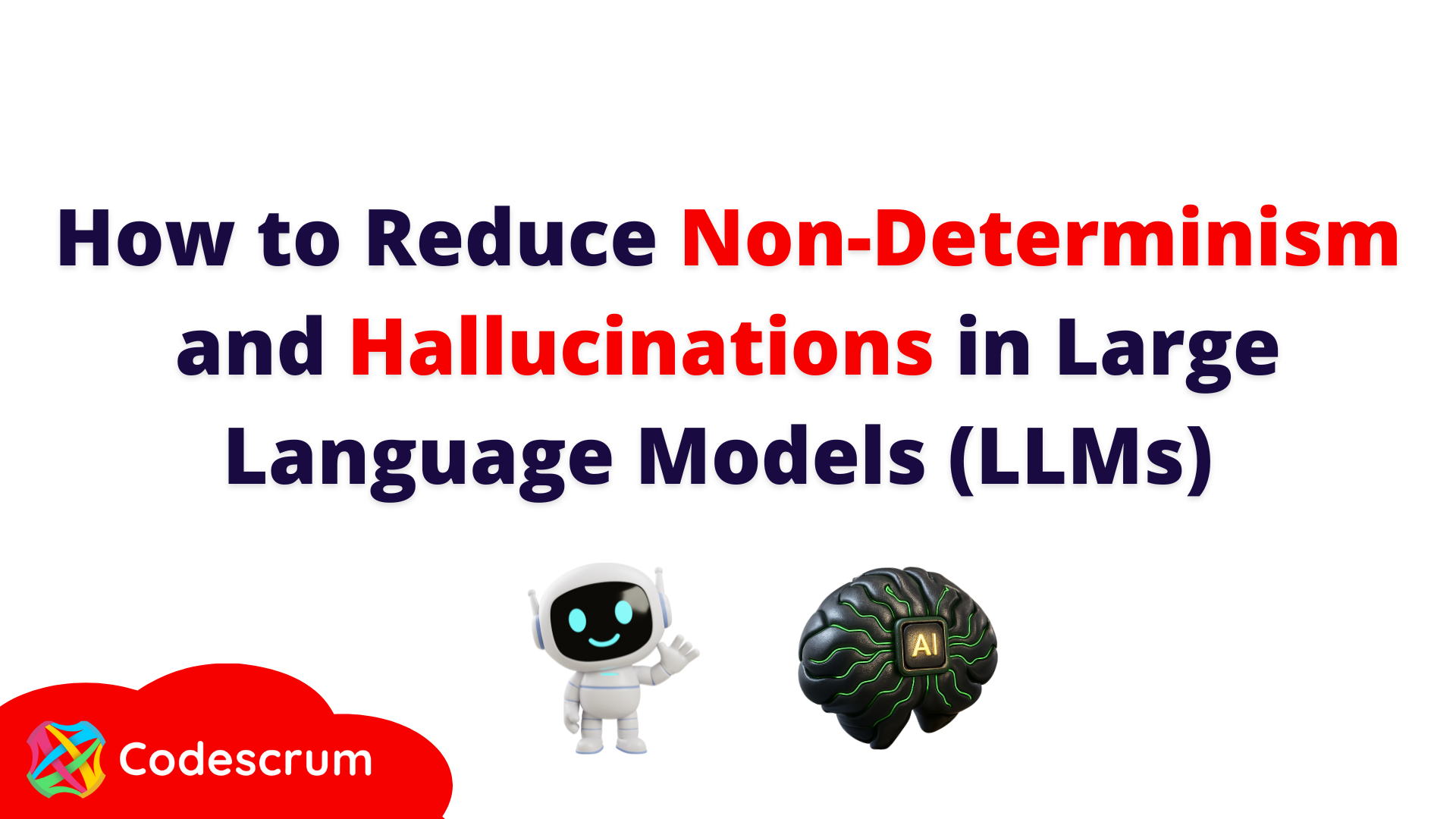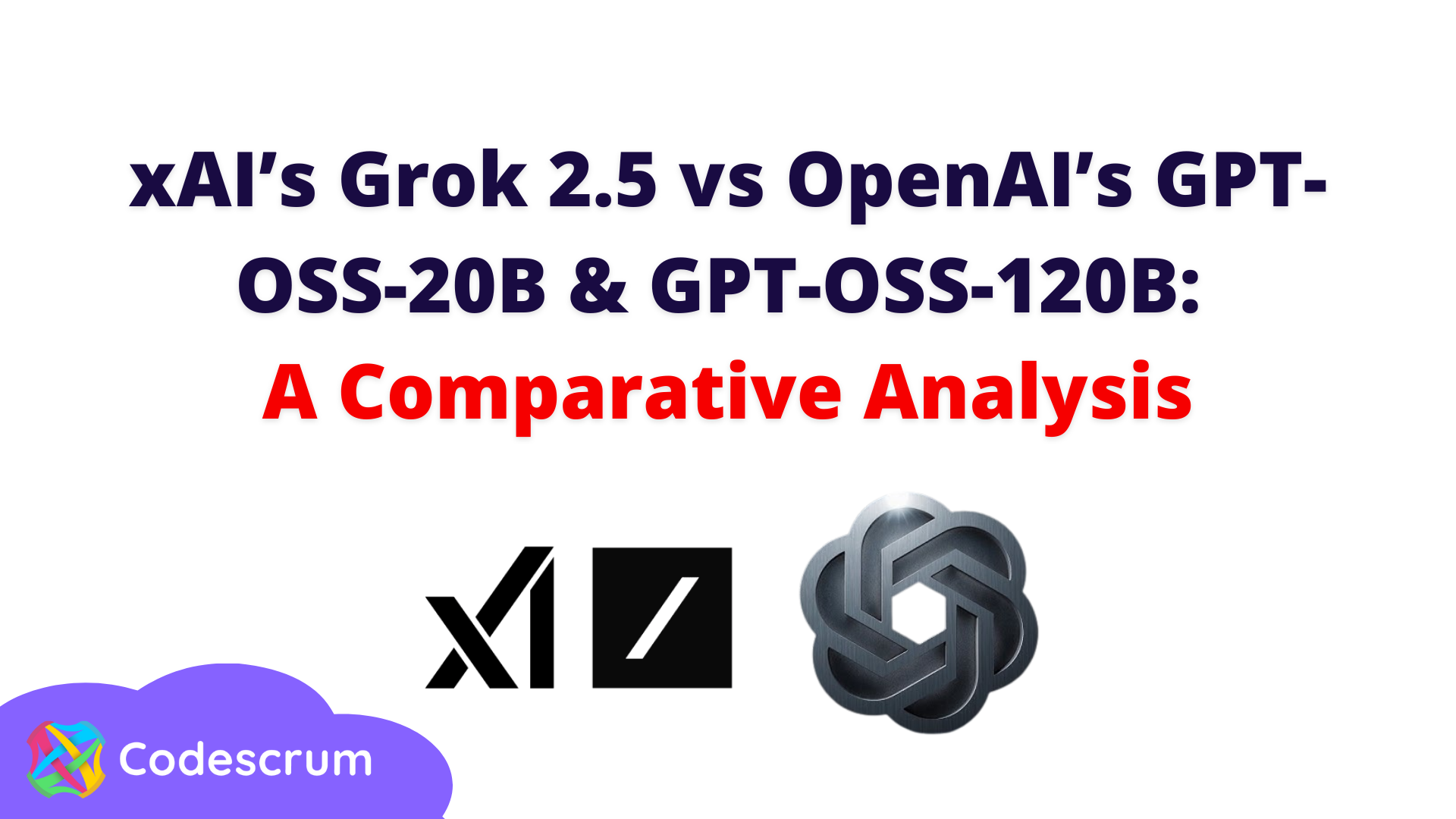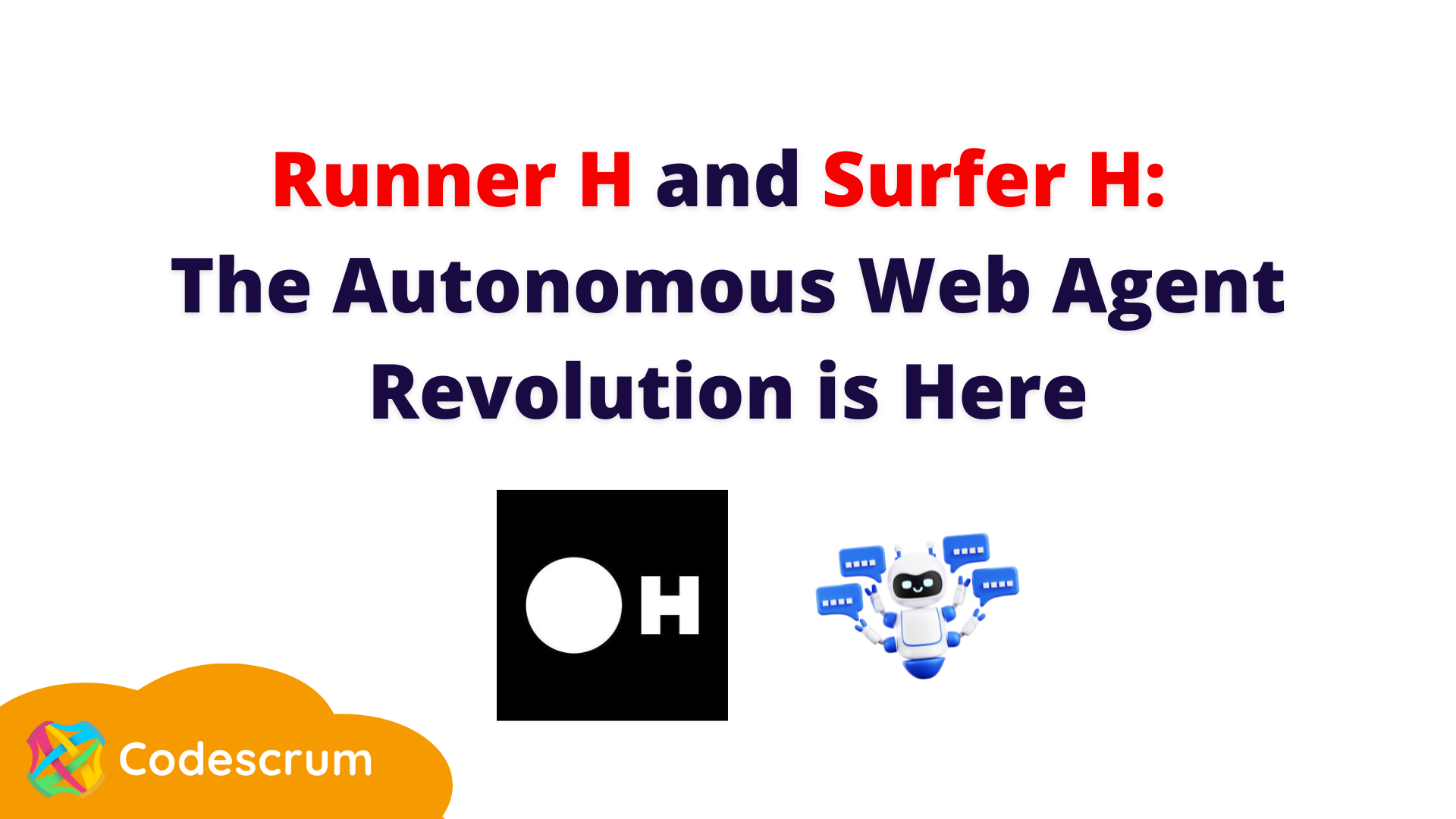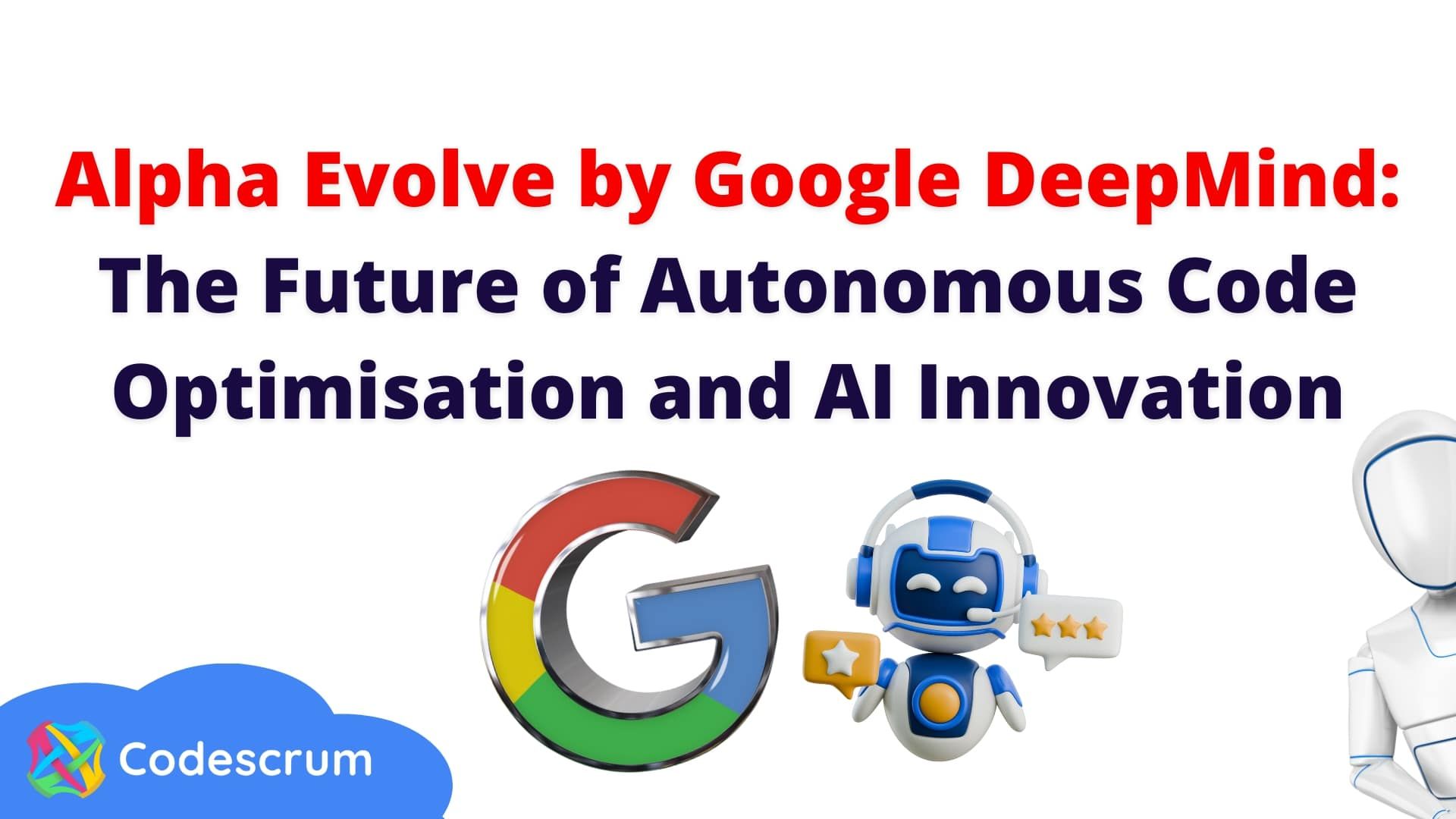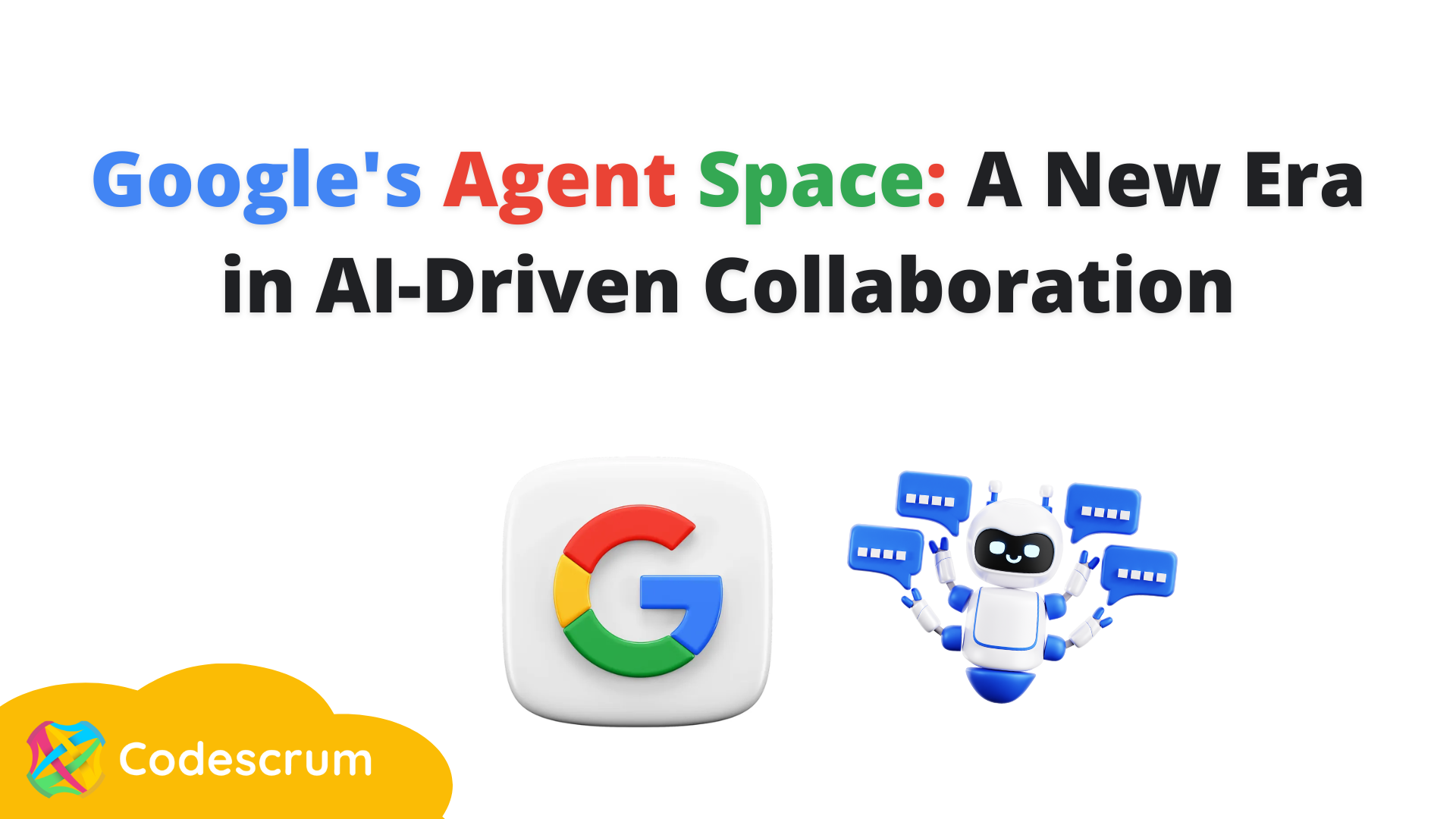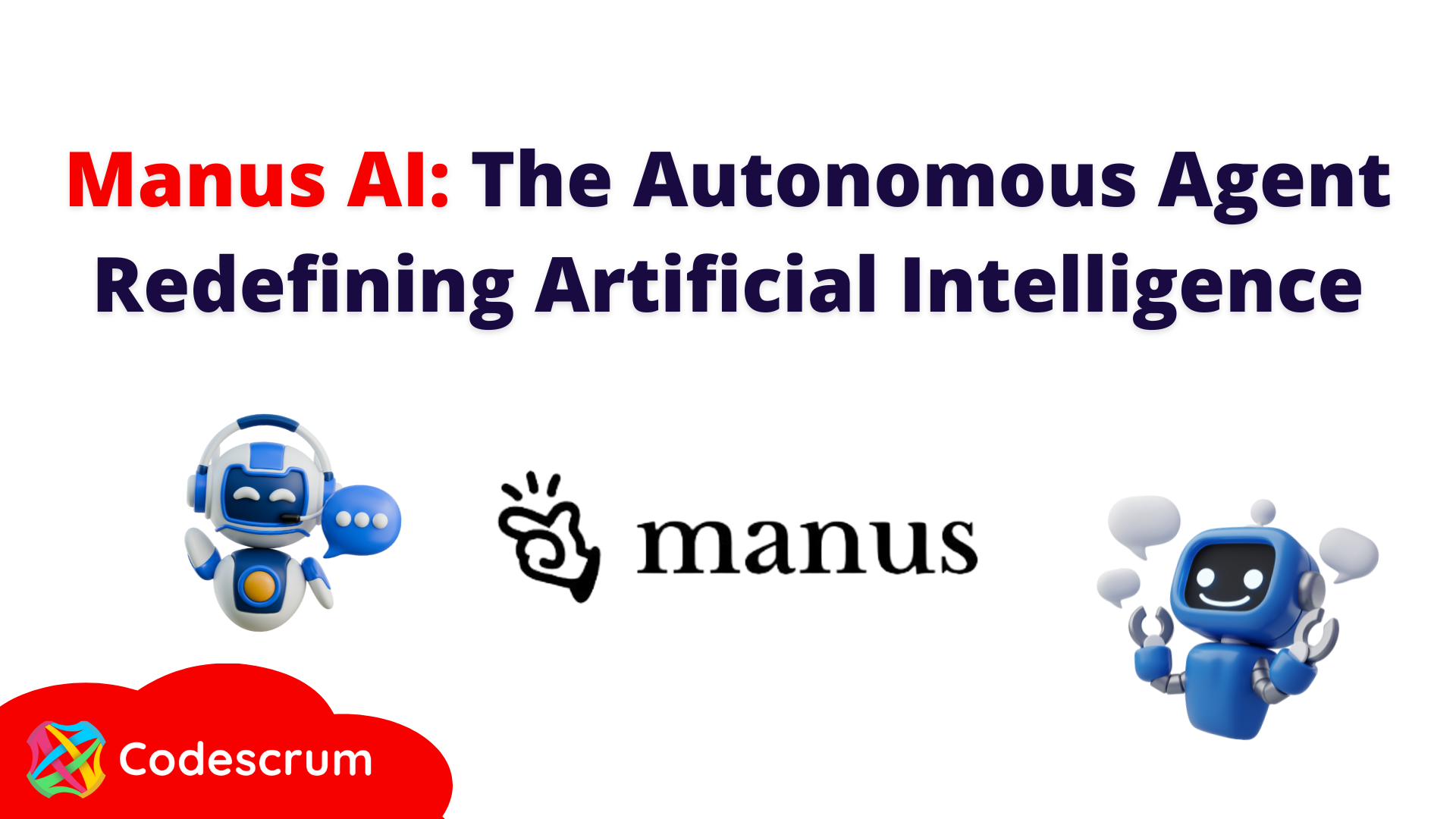What will blockchain technology bring in the next decade? 7 benefits that will surprise you!
Blockchain technology is growing by leaps and bounds, and no wonder, because the great security, trust and efficiency they provide are very remarkable.
Many will think that its application only takes place in the cryptocurrency sector, but the reality is that the applications of the Blockchain are multiple (medical, financial, educational, ...).
The true value of a blockchain is the trust and immutability of the information collected in the chain. However, is it a technology with a promising future and will it become more widespread and popular? Will it contribute to fighting socio-economic problems? Will it last over time?
Here are seven predictions for the next decade about what benefits and advantages blockchain technology will bring to society:
1) Financial inclusion of unbanked groups.
There are currently more than 2 billion people in the world without access to financial services, which severely disadvantages them and leads to great inequalities. Blockchain technology increases financial inclusivity by making it possible for people not to depend on banks to access banking services. It definitely allows people to be the custodians of their own money.
2) Fighting corruption.
The use of this technology can also be applied to fight corruption, especially in the public sphere (public procurement, registers, centralised processes, ...). In this sense, the blockchain can decentralise these types of procedures and processes, which in many cases are carried out fraudulently as a result of greed and misuse of power by human beings. In this way, all these procedures could be carried out in a more transparent and responsible manner.
3) Decentralised access to high-value assets by retailers.
Until now, assets of very high value or cost, such as a hotel or a house, were only within the reach of large estates or large outlays of money. However, the blockchain is changing this situation, as the tokenisation of assets makes it possible to divide them up. This makes it possible for people with limited resources to invest in luxury hotels, for example.
4) True digital identity.
Citizens are increasingly required to access public services through digital identification and authentication systems. For their part, users should be able to create and control their own identity, without relying on any centralised authority. This decentralisation of identity management is possible thanks to blockchain.
5) Adoption of blockchain-backed virtual currencies by governments.
Blockchain will drive the implementation of virtual currencies by governments. Given the growing adoption of cryptocurrencies, governments will not want to be left behind and will have to find a way to create and implement their own centralised virtual currencies.
This could mean digitised national currencies of their own; we already have some examples such as China which has created its own digital currency and Venezuela with its petro (petromoney) which is backed by the country's oil and mineral reserves.
Stable coins regulated by monetary policies and backed by collateral will start to gain traction as they become more reliable as a medium of exchange. Governments that have failed to create a successful cryptocurrency will likely turn to stable coins as their virtual currency of choice.
6) The global economy through blockchain.
Blockchain can bring significant commercial value to the global supply chain. Today, global trade is conducted through a chaotic set of trading relationships between untrusted parties.
Blockchain can help prevent problems such as counterfeit medical equipment, medicines, fashion apparel, car parts, food supply chain, among others, where some of them are life-threatening, as a large number of people die from counterfeit medicines every year.
Therefore, it is expected that most of the world's trade will be conducted by leveraging blockchain technology. However, this will require blockchain technology to become more mature, improving its functional scope, flexibility, performance and efficiency.
7) The beginning of a new era of the Internet, WEB 3.0.
Web 3 will be marked by a decentralisation and democratisation of the network, all made possible by this technology. The blockchain will allow users to own and transfer digital assets such as cryptocurrencies. It is a new paradigm marked by new concepts such as metaverses, tokens, NFT's, etc.
In short, blockchain will expand in society to create economic growth and improve conditions and standards based on trust, immutability and transparency. However, the main difference between one blockchain and another will be whether it is decentralised or not, which will determine the freedom or autonomy of its users. Blockchain technology, in short, has come to bring us the internet of value; just as it did in the 1990s with the internet we all know, the internet of information. We could say that the traditional internet or Web 2.0 brought greater possibilities and freedom when it came to transmitting information, while blockchain technology does the same but with value instead of information.
